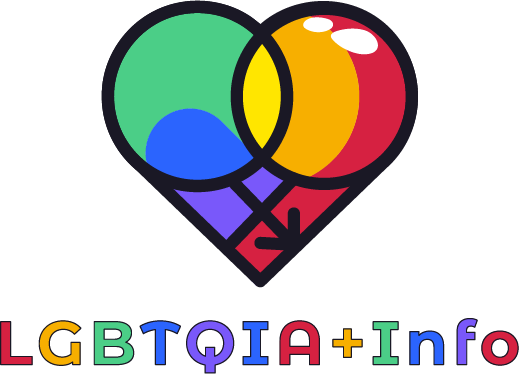The process of coming out as bisexual may be intimidating and difficult. It’s common to feel anxious or confused about coming out to people. Coming out, on the other hand, may be a source of empowerment and liberation. The process of coming out as bisexual may be difficult, but this guide can help you through it.
Understanding and Accepting Your Feelings
Recognizing and embracing your emotions is the first step towards coming out as bisexual. Realize that feeling attracted to people of both sexes is perfectly natural and healthy for you. Remember that being bisexual is a perfectly natural orientation, despite any emotions of confusion, guilt, or shame you may be experiencing.
Spend some time thinking about who you are and how you got here. Keeping a diary, seeing a therapist, talking to a close friend, or joining an LGBTQ+ support group are all options. These materials are here to assist you in discovering and embracing your true self
Choosing a Safe Space
Finding a welcoming and accepting environment is crucial when making the decision to publicly declare your bisexuality. You may confide in a loved one, a member of your LGBTQ+ community, or a trusted friend. Think about the people in your life who are tolerant and understanding of the LGBTQ+ community.

Keep in mind that you don’t have to tell everyone in your life that you’re gay all at once. Telling only one or two close friends or family members is a good place to start. This might give you a boost of self-assurance and allow you to relax in your own skin.
Learn more about the benefits of coming out and how to do so safely and confidently. Check out our comprehensive guide for valuable tips and advice.
Being Honest and Clear
It’s crucial to be open and direct when informing people you’re bisexual. If you need time to collect your ideas and emotions before speaking, writing them down might assist. Don’t leave any room for doubt about who you are by being vague or ambiguous in your communications.
Keep in mind that you’re coming out experience may vary from person to person. Some individuals may respond positively and enthusiastically, while others can be offended or aggressive. When coming out, it’s crucial to establish limits and put your own mental health first.
Coping with Rejection
When you reveal your bisexuality, not everyone will accept you. Recognize that you are not alone in your struggle to recover from the pain of rejection. Reach out to loved ones or an LGBTQ+ community for encouragement.
Keep in mind that you get to decide when and to whom you reveal your identity. It’s not necessary to warn someone if you anticipate a hostile or unfavorable response from them. Prioritize your physical and mental health at all times.
Seeking Support
Coming out as bisexual is a process that includes reaching out for help. Having meaningful relationships with other bisexual people or participating in an LGBTQ+ support group might help you feel less alone and provide you access to resources and guidance.

Connecting with other bisexual people may also be facilitated via online communities such as social media groups or forums. You might benefit from talking to someone who has been through or is going through the process of coming out.
Embracing Your Identity
Accepting and embracing your bisexuality may be a powerful and freeing experience. Even if your family and friends don’t understand or accept you, it’s crucial that you do so.
Confidence in one’s individuality may be boosted by associating with positive, accepting others. Joining a support group or attending an LGBTQ+ event might also help you feel more at home in your own skin.
Learn more about the importance of LGBTQIA Pride, celebrating diversity, and progress with our comprehensive guide.
Educating Others
The more people learn about bisexuality and the LGBTQ+ community, the more likely they are to accept and support those who identify as such. You may assist raise people’s consciousness by telling your experience and enlightening them.
Not everyone will be interested in or welcoming of the LGBTQ+ community, so keep that in mind. Others may gain understanding and acceptance if you are upfront and honest about who you are and what you’ve been through.
Conclusion
The process of coming out as bisexual may be both difficult and rewarding. Identifying yourself, finding a supportive community, telling people the truth, and being open about your situation all require time and effort. Be mindful of your emotional needs and establish appropriate limits as necessary.
Accepting and celebrating your bisexuality can be a powerful and affirming experience. You may help eliminate prejudice and increase acceptance in your community by engaging with people, educating those around you, and embracing your unique individuality.

